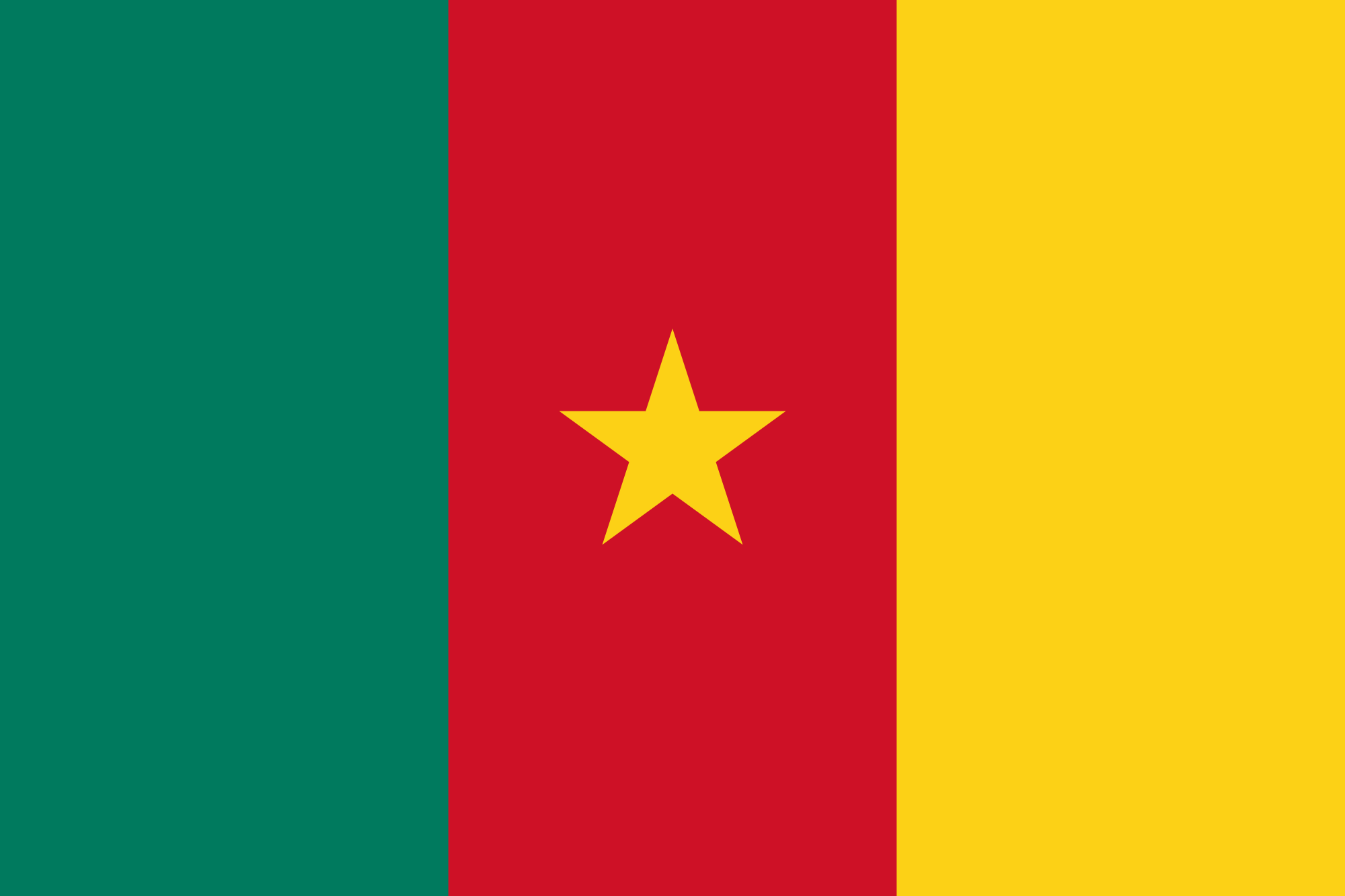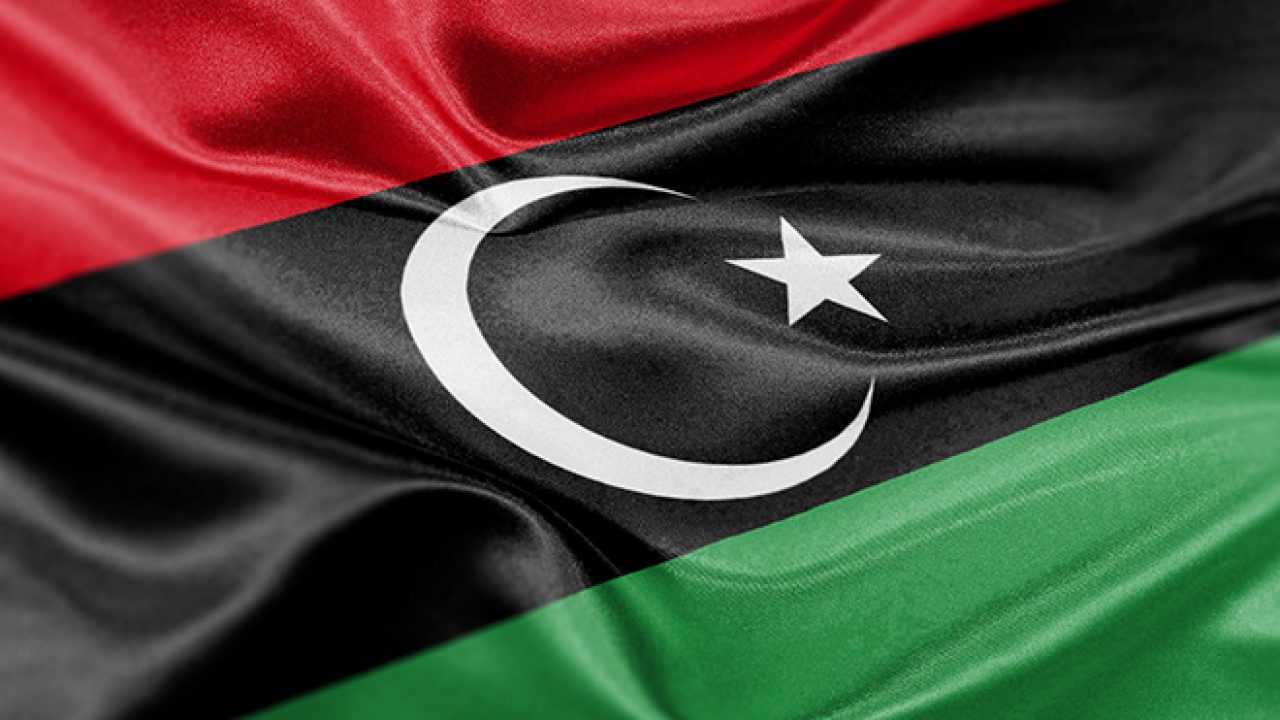Former President of India, Pratibha Patil aptly asserted that “Corruption is the enemy of development and of good governance. It must be got rid of. Both the government and the people at large must come together to achieve this national objective.” Around the world, corruption is a widespread problem that impedes economic growth, erodes public confidence in institutions, and maintains inequality. Like many other African nations, Cameroon has long struggled with corruption, which has hampered its attempts at sustainable development. Using pertinent data to present a thorough analysis of the current state of affairs, the purpose of this essay is to evaluate Cameroon’s success in the fight against corruption.
In Cameroon, corruption is pervasive and can take many different forms, such as nepotism, embezzlement, bribery, and favoritism. The seriousness of the issue is demonstrated by the nation’s persistently low rankings on international indices of corruption. Cameroon ranked 153rd out of 180 nations evaluated in Transparency International’s Corruption Perceptions Index (CPI) for 2022, with a score of 26 out of 100. This low ranking indicates the general public’s opinion of corruption in the nation.
To combat the menace, the Cameroonian government has launched numerous programs and passed laws to combat corruption in response to the widespread corruption. The National Anti-Corruption Commission (CONAC), which was founded in 2006 to coordinate anti-corruption initiatives among government departments, is one noteworthy endeavor. In addition, Cameroon has shown its dedication to tackling the problem by ratifying international anti-corruption agreements including the United Nations Convention against Corruption (UNCAC), and Operation Sparrowhawk, an anti-corruption campaign that established a special court to prosecute high-profile corruption cases. While some high-ranking officials have been arrested, critics argue that the campaign has been selective and politically motivated.
Although Cameroon has taken action to combat corruption, it is still unclear how successful these initiatives will be. Corrupt officials are frequently left with impunity as a result of the opaque and accountable application of anti-corruption laws. A World Bank research claims that conviction rates in corruption cases in Cameroon are very low, suggesting a structural inadequacy in the legal system’s ability to hold offenders accountable.
Moreover, corruption still exists in many facets of society, including as public services, law enforcement, and politics. The prevalent practice of “petty corruption,” in which people are coerced into paying bribes for necessities, erodes public confidence in governmental institutions.
75% of Cameroonians say that corruption has increased over the past year, according to an Afrobarometer study done in 2021. This shows how unconfident the country is in the government’s efforts to combat corruption.
Cameroon faces a number of obstacles in its fight against corruption. The absence of political will to properly combat corruption is one of the main obstacles. Politics and corruption frequently collide when influential people use their position to avoid punishment. Furthermore, the government’s potential to effectively enforce anti-corruption laws is restricted by inadequate institutional capacity and scarce resources.
Furthermore, conditions that are marked by poverty, inequality, and restricted access to healthcare and education are conducive to corruption. Reducing the prevalence of corruption in Cameroon requires addressing these underlying socio-economic variables. Moreover, the issue is made worse by a lack of public understanding and civic participation regarding corruption, which makes it less possible for citizens to hold their officials accountable.
In spite of these obstacles, Cameroon’s war against corruption has seen some encouraging advancements. The government has implemented digital channels for citizens to report instances of corruption, like the “Stop Corruption” mobile application, which enables them to do so anonymously. Furthermore, the media and civil society organizations are essential in exposing corruption and holding public officials responsible.
Future-focused, institutional capacity-building, accountability and transparency enhancement, and citizen participation promotion are critical to achieving more advancements in Cameroon’s fight against corruption. Additionally, funding initiatives for healthcare, education, and poverty reduction can assist in addressing the underlying causes of corruption and promote an ethical and moral culture.
Cameroon as a nation has continued to face a great deal of challenges related to corruption, which threatens its attempts at sustainable development and erodes public confidence in public institutions. Although the government has taken action to combat corruption, socioeconomic, institutional, and political issues have limited how successful these measures may be.
In the future, coordinated efforts are required to improve anti-corruption policies, encourage accountability and openness, and deal with the underlying causes of corruption. Cameroon can only advance significantly in the fight against corruption and create the conditions for a more affluent and just future by working together.


